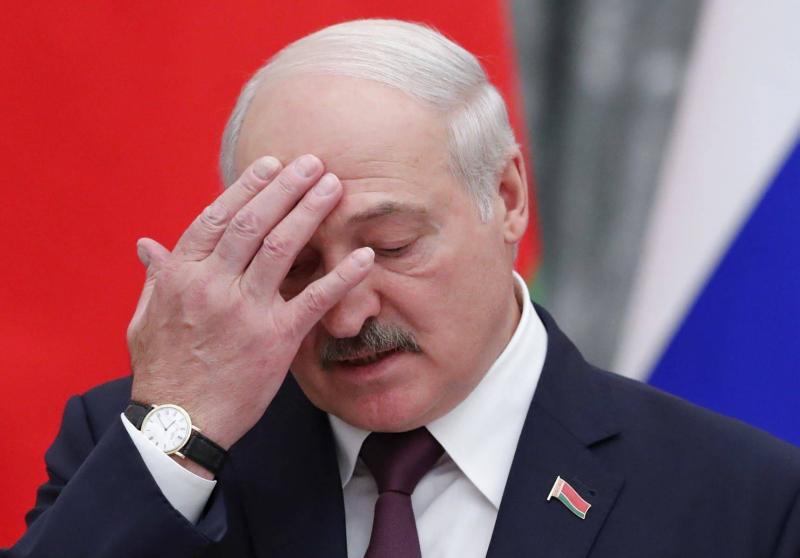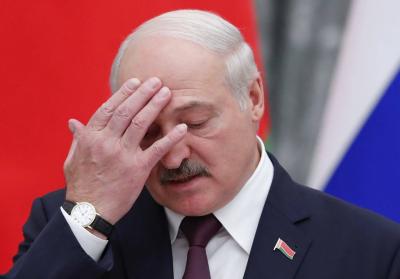Under the title "A Sea of Refugees through Belarus... Meet 'The Father' Disturbing Europe," Al Arabiya reported on Belarusian President Alexander Lukashenko, whom Europe accuses of being behind the refugee crisis. The site noted that the world's attention has been fixed on Belarus recently as the refugee crisis has flared up again, with international accusations, particularly from Europe, pointing to President Lukashenko as responsible for the wave of migrants flooding the Polish border. The West accuses Lukashenko of luring migrants, mostly from the Middle East, to Belarus to send them across the border in response to sanctions imposed by the European Union over his regime's crackdown on opposition.
So, who is this president known as "The Father"? The 67-year-old Lukashenko has held power in his country for nearly three decades, building an image for himself that promotes the title "Batka" or "Father of the Belarusian people." The former head of a Soviet farm, according to The New York Times, has established what is known as "cult of personality" with this moniker.
He has been referred to by European media as "the last dictator in Europe," especially given his long track record of challenging EU policies. Moreover, his personality generates widespread debate locally and internationally; the "chameleonic" leader has promoted bizarre theories against COVID-19, suggesting at times that ice hockey, vodka, saunas, and driving tractors could be effective treatments against the virus. Additionally, he once compelled his generals to salute his 17-year-old son Nikolai, who is viewed as the unannounced heir.
Last month, the Moscow ally sent a fighter jet to intercept a European passenger plane carrying a prominent dissenting opposition figure. Most importantly, he has turned his landlocked country, bordered by Russia, Poland, Ukraine, Lithuania, and Latvia, into an isolated and militarized zone, serving as a reliable buffer between Russia and its twin adversaries, the European Union and NATO.
However, this iron grip on the country has accumulated his failures, and his continued pattern for years of falsifying election results and violently silencing dissent has led to severe repercussions. Massive protests erupted in August of last year after he declared a landslide victory in a presidential election widely considered "fraudulent," marking an unprecedented test of his hold on power.
Lukashenko, known for his harsh rural accent, emerged on the political scene in the early 1990s, portraying himself as a popular hero resisting corrupt elites and bullies in the country. His speech dominated the Belarusian parliament in December 1993, where he criticized the "chaos" and "crooks" in the nation. He swiftly rose to become the first elected president in less than a year. However, the man who initially presented himself as a defender of the downtrodden soon ruled with an iron fist, with successive governments focusing their efforts on pursuing and harassing any dissenting or critical voice. Some opponents went missing or were imprisoned, while others were forced into voluntary exile. Throughout his reign, authorities have arrested journalists and suppressed independent media.




